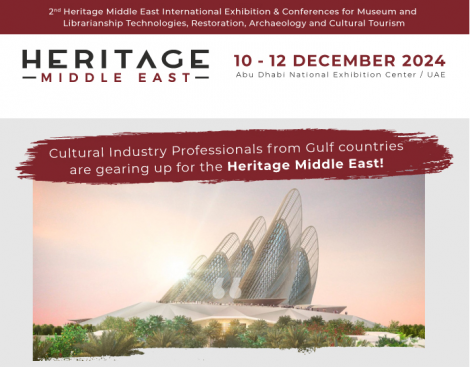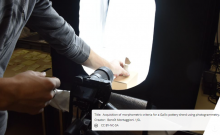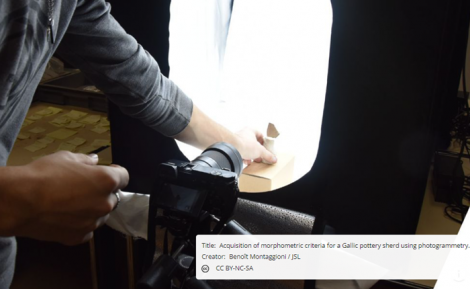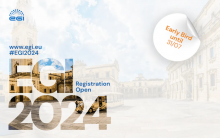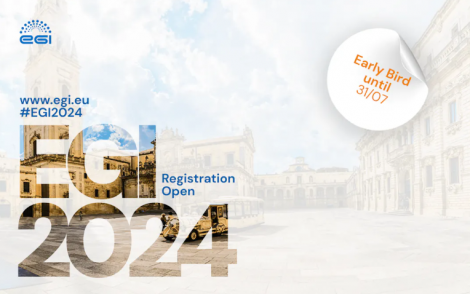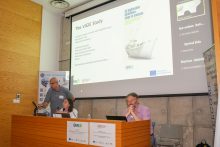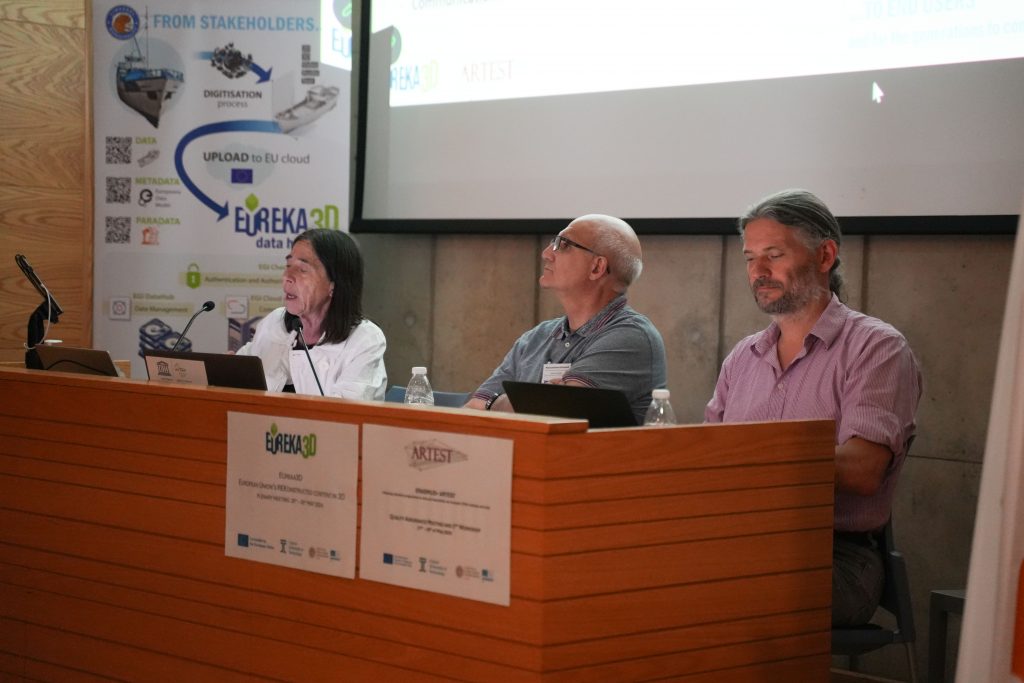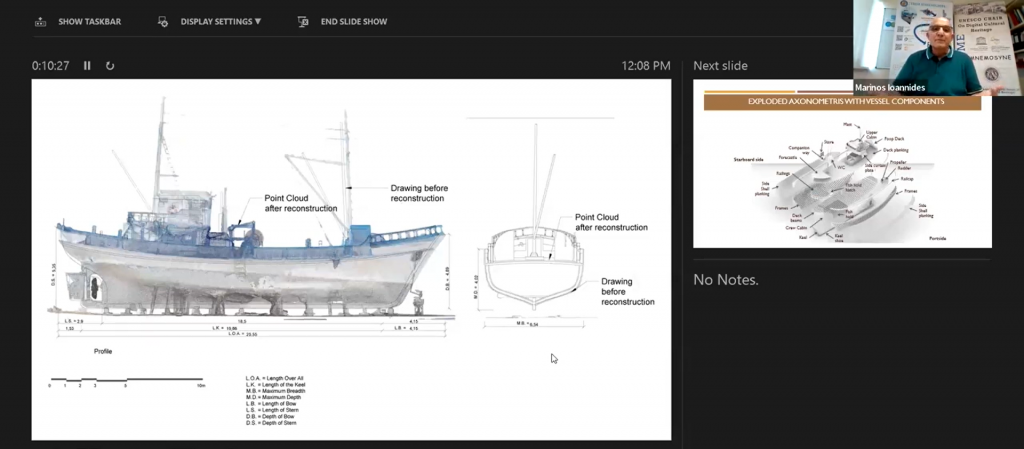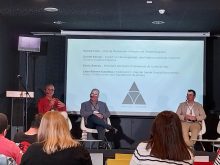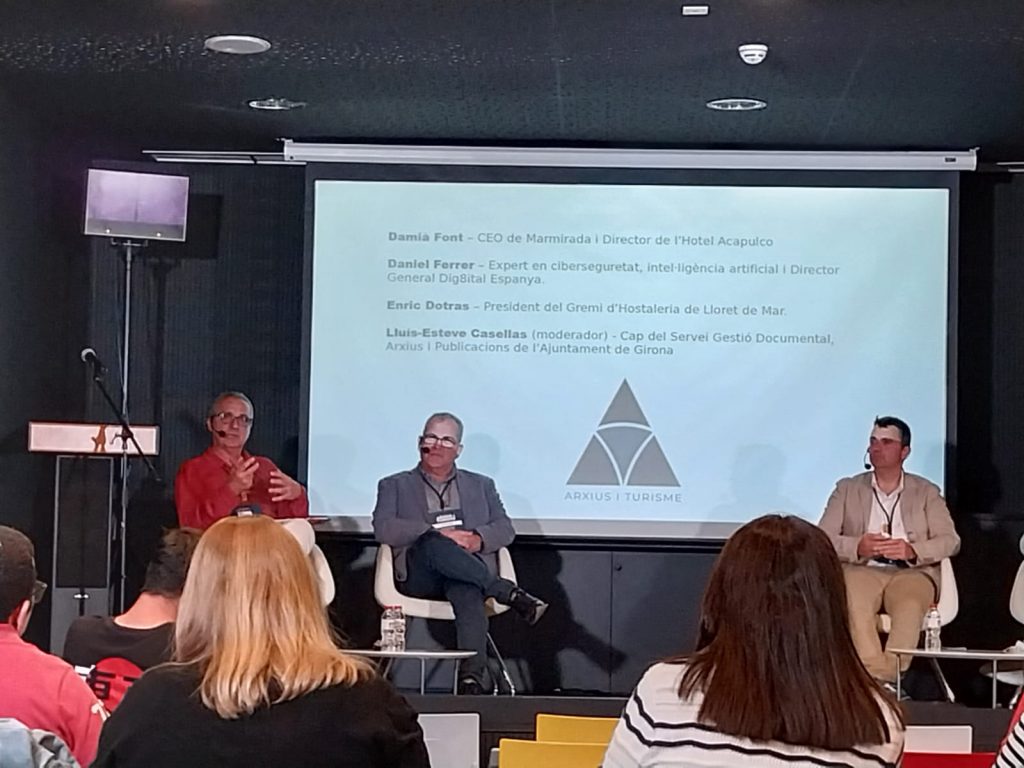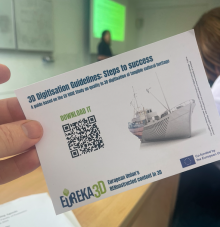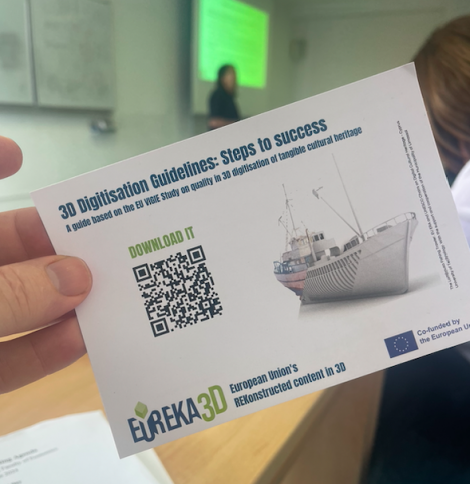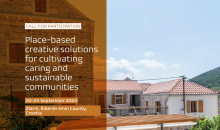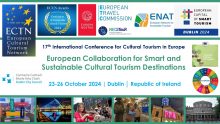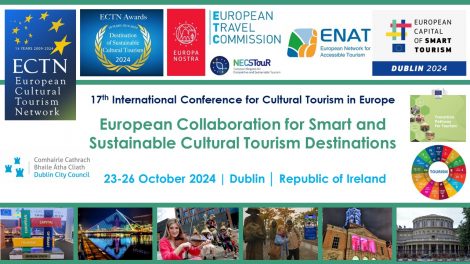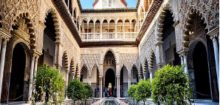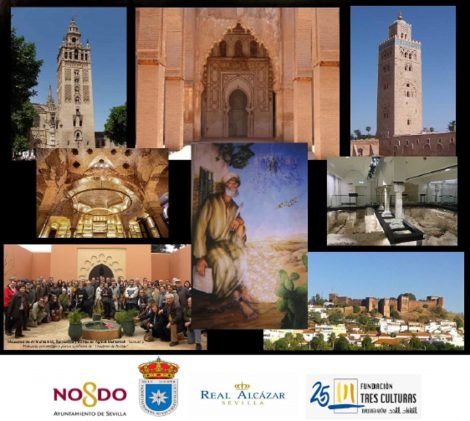The Summer School will be held in Zlarin, Croatia, on September 20-24, 2024
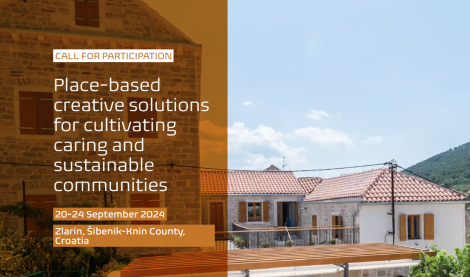
IN SITU Project Summer School: Place-based creative solutions for cultivating caring and sustainable communities
We are pleased to announce the Call for Applications for the IN SITU project Summer School “Place-based creative solutions for cultivating caring and sustainable communities”, to be held in the island of Zlarin, Croatia, on 20-24 September 2024.
IN SITU is a four-year project that combines research and experimental actions to advance the innovation-related practices, capacities, and potential of cultural and creative industries (CCIs) based in non-urban areas of the EU countries.
Students, scholars, cultural and creative practitioners, cultural professionals and activists who work with and within smaller communities in rural and non-urban areas worldwide are invited to participate in the Summer School.
The working language will be English.
The deadline for submissions is 24 June 2024.
Programme
Aiming to create two-way relations with the context in which it takes place, the Summer School programme is designed to address issues that IN SITU considers crucial for their sustainability: community building and engagement, tourism and its adjustments to the needs of the local communities and, finally, care as an organizing principle intertwining all the elements necessary for the growth and well-being of the community.
The programme addresses themes of “communities as centres of sustainability” with Avril Joffe and Mark Rainey; “regenerative tourism, culture, and sustainability of non-urban areas” with Patrick Brouder; and “stewardship of place, care and local communities” with Sylvia Amann. The programme is structured to provide insights into these topics through a dialogical format with the international experts in the field, followed by workshops by trainers and local actors. The programme structure offers an incremental and comprehensive approach to acquiring knowledge and skills while applying them to a concrete situation and designing innovative and creative solutions.
You can find more information, the detailed programme, the teaching team and the application form here.
And there’s more to come: the IN SITU Conference “Horizons of Sustainability: the power of creative innovation for transformation of rural and non-urban futures” will be held right after the Summer School, on 25-27 September (Šibenik, Croatia), and the Call for Proposals will open very soon.
The Summer School and Conference are organised by Kultura Nova Foundation from Zagreb in cooperation with the Centre for Social Studies of the University of Coimbra and the partners of the IN SITU project.
